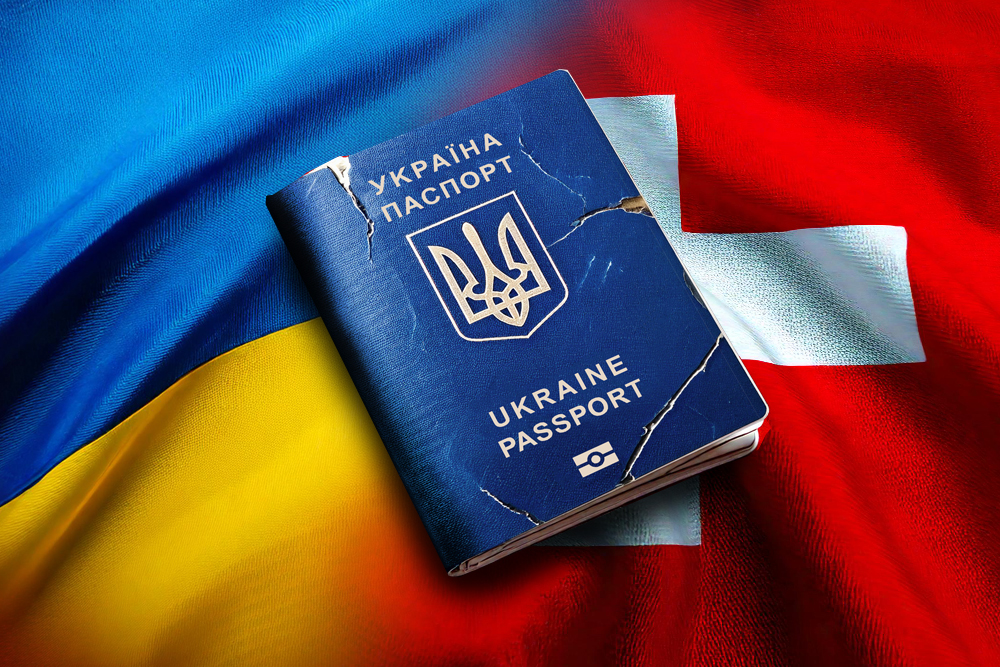Hungary’s opposition Tisza party ahead of PM Orban’s Fidesz in second poll

BUDAPEST (Reuters) -Hungary’s opposition Tisza party has a small lead over the ruling Fidesz party, according to an opinion poll published on Thursday, the second survey this week to show Tisza overtaking Prime Minister Viktor Orban’s party.
Centre-right Tisza’s leader, Peter Magyar, a former government insider, swept into Hungarian politics before June’s European Parliament elections when he mounted a serious challenge to Orban, capitalising on discontent with other opposition parties.
On Wednesday, a Tisza party rally in Budapest attracted a crowd of over 10,000 people as the country marked the anniversary of the 1956 revolt against Soviet domination that was crushed by the Red Army.
In a speech at the rally, Magyar, 43, announced steps to prepare his party for elections in 2026. He pledged to root out corruption, invest in healthcare and education, and start a “national dialogue” with voters.
The poll by the Publicus Institute think tank, conducted between Oct. 11-18, showed that Tisza had 39% support among decided voters while Fidesz had 37%.
“Here is more research that shows the Fidesz-Tisza race is almost a tie,” political analyst Gabor Torok wrote on his blog, noting it was a big change from the lead Fidesz enjoyed in the European Parliament elections, when polls showed it on 45% and Tisza on 30%.
A poll on Wednesday, conducted by the 21 Research Center, a Budapest-based think-tank, showed Tisza with 42% support among decided voters, with Fidesz at 40%.
Later on Thursday, pro-government think tank Nezopont published a poll showing Fidesz still had a big lead over Tisza, at 49% among decided voters with Tisza only at 34%.
Two other recent opinion polls showed Fidesz with a shrinking lead over Tisza. In most polls, around 30% of voters are undecided.
Orban, who maintains good ties with the Kremlin and opposes EU military aid to Ukraine, said on Wednesday that his stance on the Ukraine war and migration were unacceptable to Brussels and accused the EU executive of political meddling.
(Reporting by Krisztina ThanEditing by Christina Fincher)







